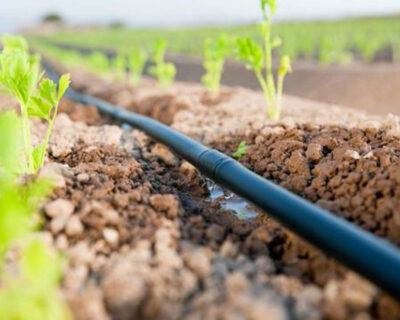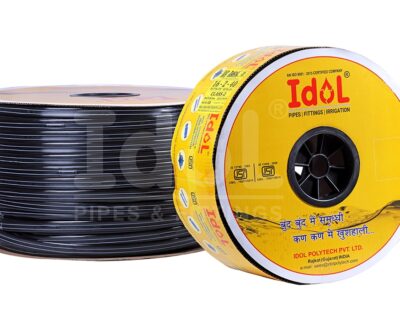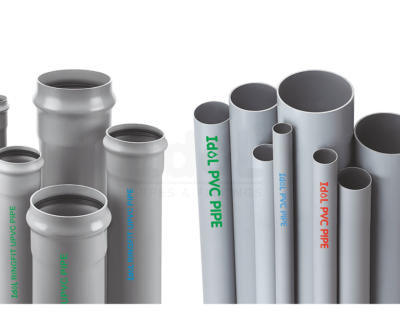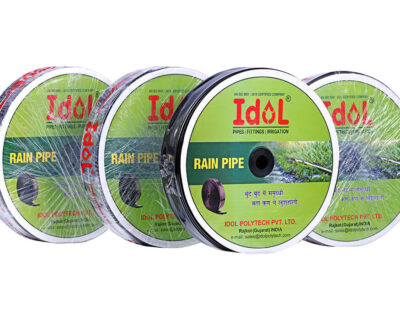Updates
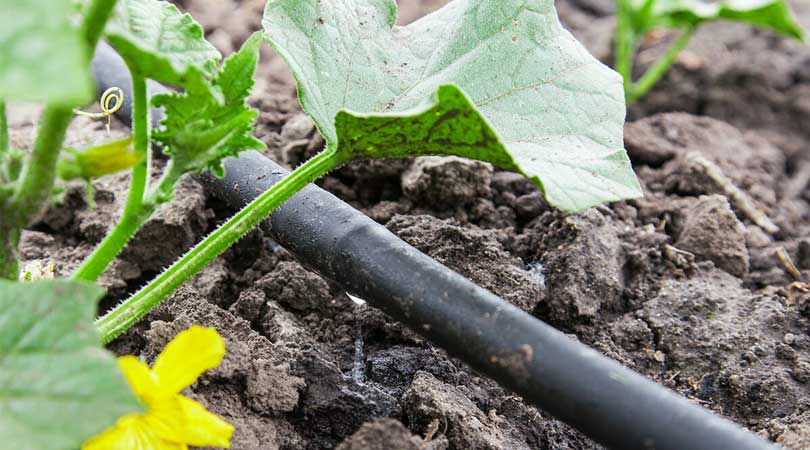
Efficient Watering: Exploring the Benefits of Drip Irrigation Systems
In the realm of efficient watering techniques, drip irrigation systems have emerged as game-changers. These systems offer a revolutionary approach to water management, providing targeted and precise watering directly to the roots of plants. By minimizing water wastage and maximizing efficiency, drip irrigation systems have become increasingly popular in both residential and commercial settings. In this article, we delve into the numerous benefits of drip irrigation systems and how they are transforming the way we water our plants.
Water Conservation:
One of the primary advantages of drip irrigation systems is their remarkable water-saving capabilities. Unlike traditional sprinkler systems that tend to spray water over a wide area, drip irrigation systems deliver water directly to the plant’s root zone. This targeted approach significantly reduces water evaporation and runoff, ensuring that every drop is utilized efficiently. By conserving water, drip irrigation systems play a vital role in promoting sustainable and responsible gardening practices.
Enhanced Plant Health and Growth:
Drip irrigation systems provide plants with a consistent and controlled water supply, leading to healthier and more robust growth. By delivering water precisely at the root zone, plants receive an adequate amount of moisture without being overwatered. This controlled irrigation also minimizes the risk of diseases caused by excessive moisture on foliage, which is a common issue with conventional sprinkler systems. Additionally, drip irrigation systems can be equipped with fertigation capabilities, allowing the precise delivery of fertilizers, resulting in optimal plant nutrition.
Weed and Pest Management:
Traditional watering methods often contribute to weed growth due to water splashing onto the surrounding soil. However, drip irrigation systems eliminate this problem by delivering water directly to the plant’s roots. By minimizing moisture on the soil surface, the growth of weeds is significantly reduced. Moreover, since drip irrigation systems target specific plant areas, there is less chance of water attracting pests or promoting their proliferation. This contributes to a healthier and more pest-resistant garden environment.
Adaptability and Customization:
Drip irrigation systems offer a high level of adaptability and customization, making them suitable for a wide range of landscapes, plants, and soil types. These systems can be easily adjusted to accommodate different watering requirements, including variations in plant types, sun exposure, and soil moisture levels. By providing flexibility in watering schedules and duration, gardeners have better control over their plants’ hydration needs. Additionally, drip irrigation systems can be automated, freeing up time and effort for gardeners while ensuring consistent and reliable watering.
Environmental Benefits:
Drip irrigation systems align with sustainable and eco-friendly practices. By reducing water consumption and minimizing the use of harmful pesticides, these systems contribute to a healthier ecosystem. They help conserve water resources, especially in areas prone to drought or water scarcity. Additionally, drip irrigation systems reduce soil erosion by maintaining a steady moisture level in the root zone, preventing excessive water runoff.
Conclusion:
Drip irrigation systems have revolutionized the way we approach watering in residential gardens, commercial agriculture, and landscaping projects. With their ability to conserve water, promote plant health, manage weeds and pests, and offer adaptability, these systems provide an efficient and sustainable solution for efficient watering. As we continue to prioritize environmental responsibility, drip irrigation systems are a vital tool in our efforts to create greener, more water-efficient spaces. Embracing this innovative technology allows us to unlock the benefits of efficient watering while nurturing healthier and more vibrant landscapes.

